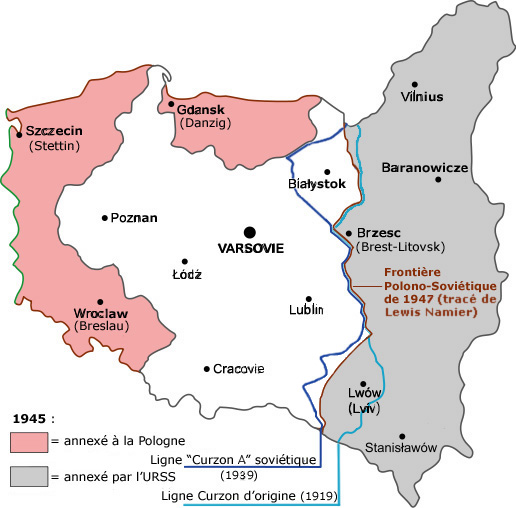dcharles
Banned
Dever died from cancer in 1929 if I'm correct, and if I could butterfly a road accident if really needed, I refrain from butterflying cancers and go wild on 'natural' causes.
Ritchie might have a shot, and I'd need to study his case under the light of TTL 1920s political landscape. As of now, it looks like he could have to compete with Garner, likely still the Dems leader in the House after 1930.
I don't know much of Donahey, but he doesn't seem to have enough traction to be a relevant candidate, unlike Ritchie could be.
All in all, Smith still got the northeastern establishment and liberals as a whole on his side without FDR. And as a precedent for being nominated thrice (and losing), I can still William Jennings Bryan
I get you. Smith was just a really weak candidate IOTL. His Catholicism and his outspoken opposition to Prohibition were crippling liabilities he was never able to overcome. Especially in a climate where the solid South is going to be the bulk of Democratic electoral votes, having the favor of Northeastern liberals is less important. The ideal candidate is a)conservative enough in matters of race and Prohibition to appeal to Southerners, b)not actually a Southerner and c)urbane enough to appeal to big city interests. That's why I was looking at the Governors of Ohio and Maryland, fwiw.
I think that lightning striking three times in the same spot and redounding to the benefit of Al Smith is unlikely, but in the big scheme of things, it doesn't much matter for the purposes of your timeline. Big changes on the US scene don't start to happen until Long get in power anyway.
I know less of Mississipi, but it neighboring Louisiana and knowing of Long's considerable influence and charisma (as he did in Arkansas for Caraway), I'd figure he would still give a hard time for the entrenched establishment, as he did in Louisiana, enough perhaps to take a razor edge victory.
In this time period, Arkansas is less repressive than Mississippi by a whole order of magnitude. There's much more actual competition in Arkansas politics than there was in Mississippi, and the elite in Arkansas were not nearly as strong as they were in Mississippi. Mississippi wasn't a democracy in the modern sense of the word. It was an authoritarian oligarchy that allowed decisions to be ratified by a tiny minority of the electorate from time to time. For example: there were a little over a million adults in Mississippi in 1928. 150,000 of them voted. There are about 500,000 white people. That's about a 15% total voter participation rate, and only about 30% of white voters voted. If Long gets the elite on his side, he's going to win in a landslide, but since Long is against everything that the elite stand for, that seems unlikely. If the elite stay true to their history, they will absolutely deliver the state for Smith. It'll be tied up in a little bow and placed under his pillow.
Plus, the big difference is that in TTL 1932 election, it's not like the only alternative was a northerner and Republican (Hoover in our case), we have two Democrats (Long still being registered as such, though he runs as an independent) confronting each other, one being a northerner, catholic and liberal, the other a southerner and a protestant. Plus, it's also a fight of the 'champion of New York financial elites' against the 'champion of the people', as it may sound (in Long's propaganda). In my mind, that makes big ingredients for shaking up the hold of the establishment over the region, no matter how strong it may look.
Leaving aside the fact that Smith is more conservative than Long, it's not a question of public opinion.
It's a question of elite decision-making.






